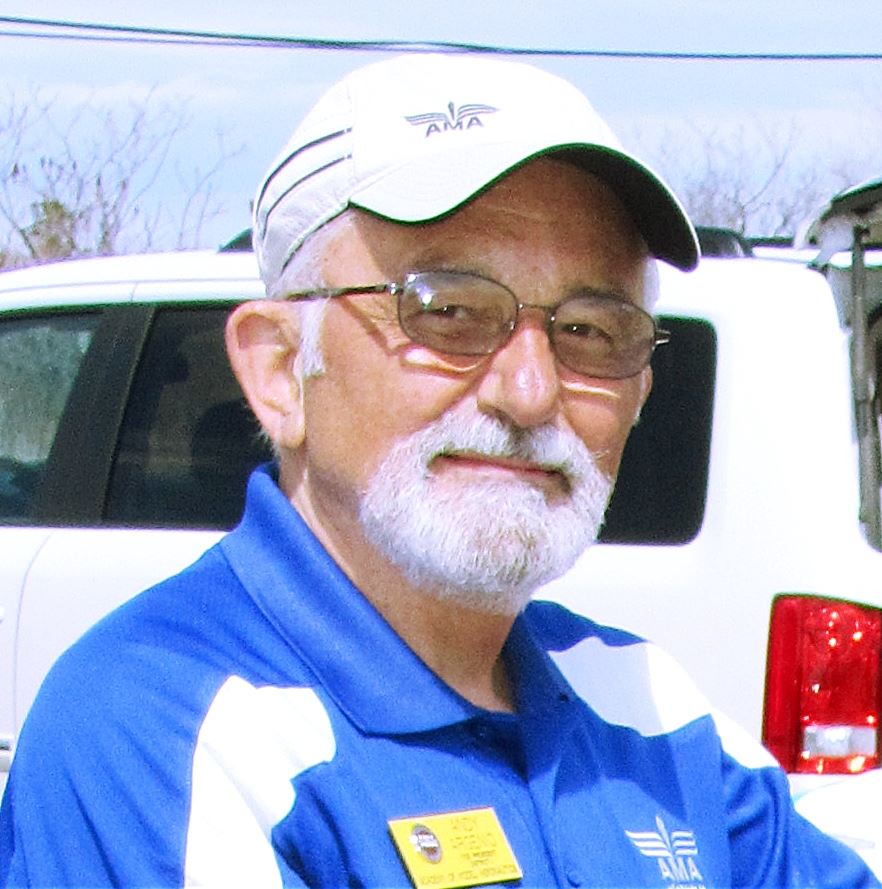

 Singer Victory Provokes AMA Criticism
Singer Victory Provokes AMA Criticism As AMA District I vice president, I have provided answers to this question and other similar remarks regarding UAS/drone legislation that is unnecessary, onerous or in violation of federal law. AMA was in fact one of the first organization to file legal action against the FAA's Interpretation of the Special Rule for Model Aircraft in 2014. This case is still in abeyance and prevents the FAA from taking any legal action against flight operations based on their interpretation of the rule.
It’s also a fact that AMA has and continues to engage cities, towns, states and federal legislators on hundreds of UAS/drone bills, ordinances, and resolutions where AMA staff, officers and members respond with opposition in person, at hearings, in meetings and in letters to legislators. Because of AMA's efforts, most UAS/drone legislation has either been killed or revised to include the 336 exemption and/or the inclusion in the legislation of the AMA recommended statement “If federal law preempts any provision of this bill, that provision shall not apply.” AMA is spending millions of dollars to successfully advocate and lobby for initiatives to protect the flying interests of its members.
In terms of the Newton ordinance, I was involved for over two years in opposition to the ordinance along with assistance from the AMA Government Relations Team and AMA member, Howard Samuels from Newton. Our efforts prevented passage and allowed for further discussion on the ordinance on multiple hearing dates, until the council was influenced by the League of Cities document that advised municipalities that they could create regulations for sUAS/drone flight operations below 400 ft. AGL within the cities jurisdiction. We clearly pointed out to city councilors and solicitors at hearings, in letters and meetings that the ordinance conflicted with federal law and would be challenged.
The AMA and I were contacted in 2016 by Mr. Singer, who made us aware of his intention to file a law suit if they passed the ordinance. We also worked with an aviation attorney from Newton who advised the council in written documents of the conflicts in the ordinance with federal laws. Despite everyone’s objections they passed the ordinance and Mr. Singer filed his case and the court in 2017 decided that the city had violated federal law.
AMA is currently following and involved with over 350 issues with UAS/drone bills, ordinances and resolutions within states, cities, and towns that could without input from the AMA get passed and/or require resolution in the courts. AMA’s success is measured in the vast amount of legislation that has been set aside or amended so flight operations of remote recreational pilots throughout the country are not regulated by onerous or unnecessary legislation.
AMA is also engaged in multiple aviation rule making committees that are currently making recommendations that go way beyond a simple registration requirement, but may involve the integration of electronic ID Technology and UTM systems for UAS remote pilots conducting sUAS flight operations under 101 and 107 federal aviation regulations.
Without AMA’s participation in the aviation rule making process in 2008, the 336 exemption that allows operation of model aircraft under the Special Rule would not have happened and its most likely that everyone today would be taking FAA 107 tests, not being able to fly using FPV, and having to get FAA waivers to fly nearly any type of flight operation! AMA’s efforts will continue to influence regulatory issues for AMA member operations as the reauthorization process progresses.